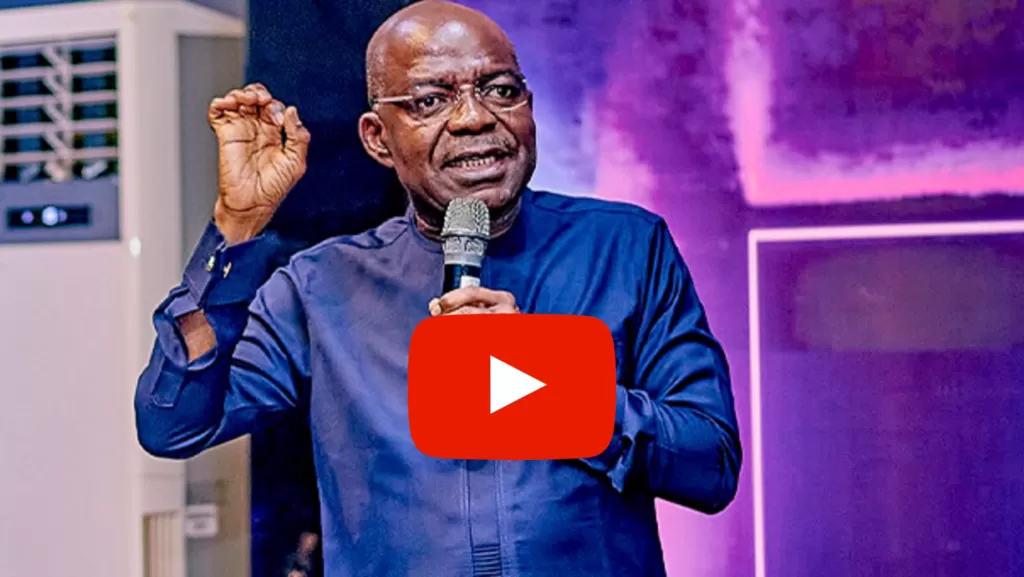Abia State Confirms First Monkeypox Case.

Abia State in Nigeria has reported its first case of monkeypox, with the state government confirming one positive case out of 13 suspected cases. The Commissioner for Information, Prince Okey Kanu, stated that nine cases tested negative, and three remain uncertified, with no fatalities recorded. This announcement follows reports of monkeypox cases in other Nigerian states like Enugu and Ebonyi, though the national incidence of the disease is reportedly declining. Public health officials and figures are calling for increased vigilance and adherence to preventive measures to control the spread of the virus.
The latest information regarding the monkeypox case in Abia State, Nigeria, as of August 20, 2024, indicates that:
- Confirmation of Case: Abia State has confirmed its first case of monkeypox. This was announced by the state’s Commissioner for Information, Prince Okey Kanu, during a press briefing on August 19, 2024. Out of 13 suspected cases, one tested positive, nine were negative, and three remain unclassified.
- Location and Response: The confirmed case was reported in the Isialangwa area of Abia State. The state government has established treatment centers, with one already operational at the Abia State University Teaching Hospital (ABSUTH) in Aba, and plans for more centers are in progress.
- Health Measures: The Special Adviser to the Governor on Health, Dr. Ngozi Azodo, emphasized the importance of regular personal hygiene as a preventive measure. The state is also enhancing its health infrastructure, with plans to renovate and retrofit 200 primary health centers within 100 days, aiming to strengthen its response to such outbreaks.
- Global Context: This development comes amidst a broader global health alert due to monkeypox, with WHO declaring it a global health emergency due to outbreaks in Africa, particularly noting the spread of a new, potentially more severe clade of the virus.
This summary encapsulates the immediate response from Abia State’s government, the public’s reaction on social media, and the global health context, highlighting both local efforts to contain the virus and the international implications of such outbreaks.







